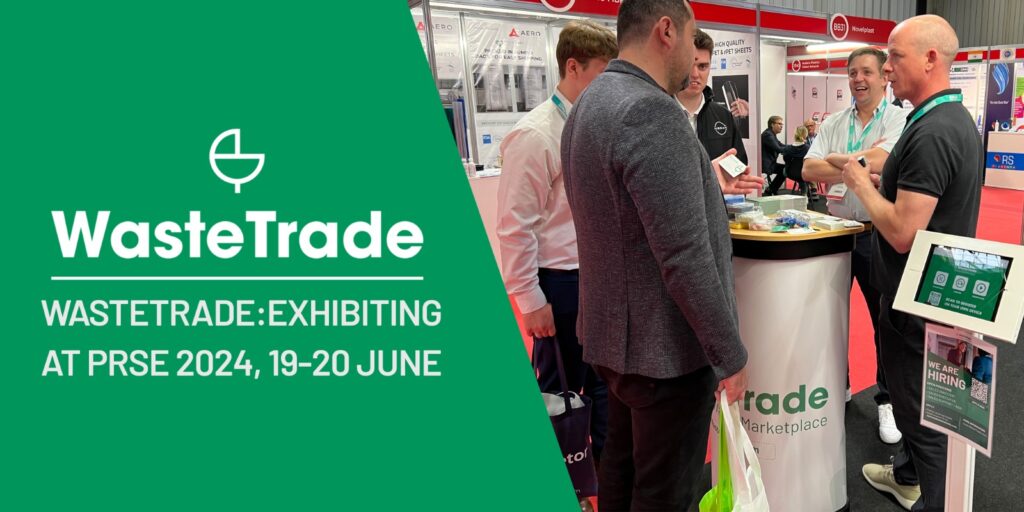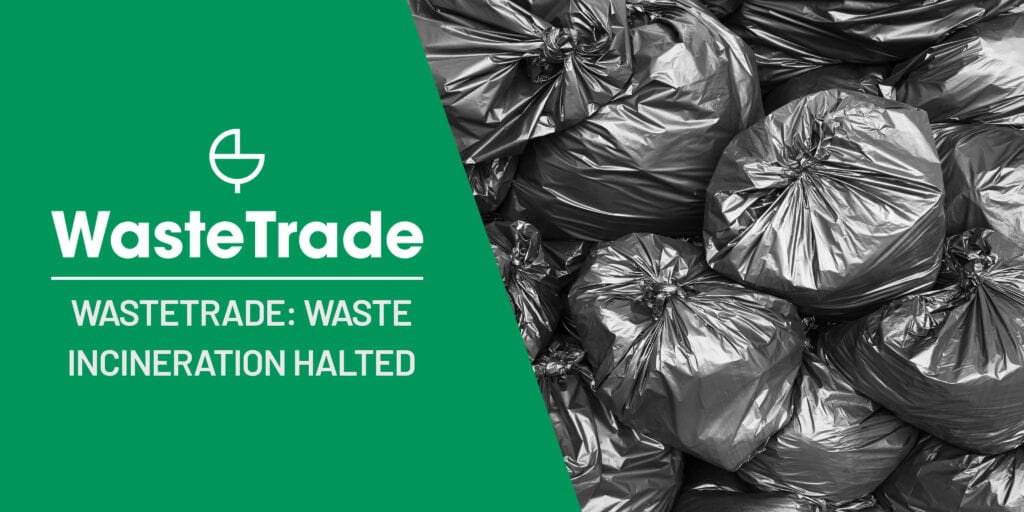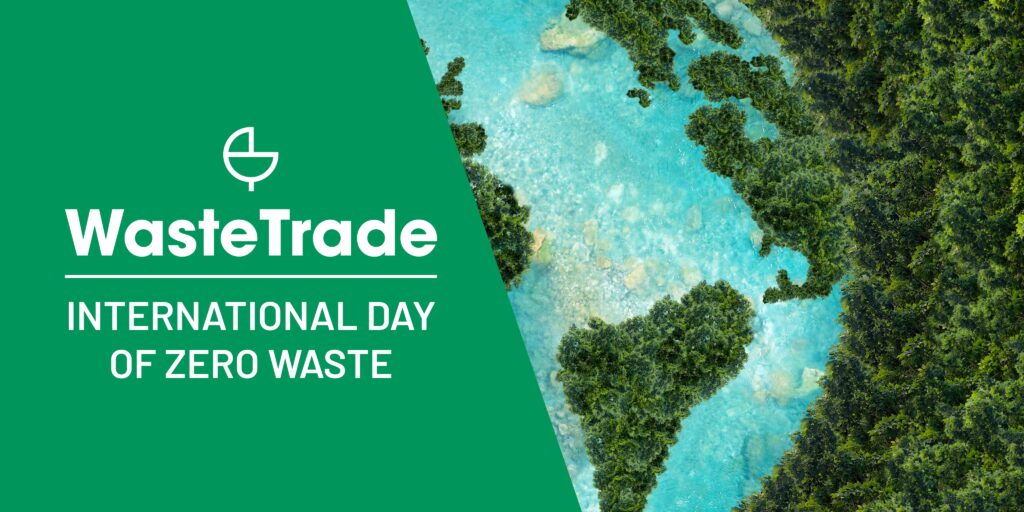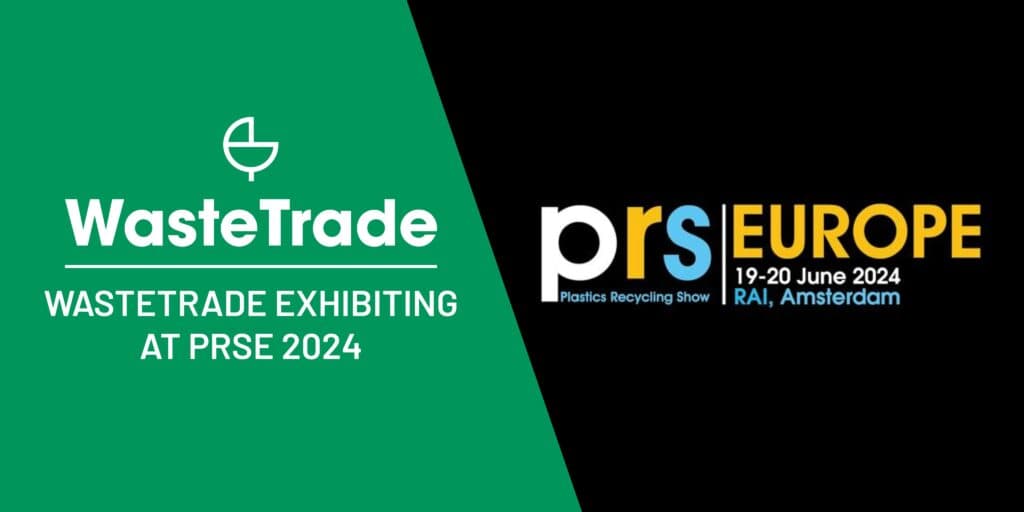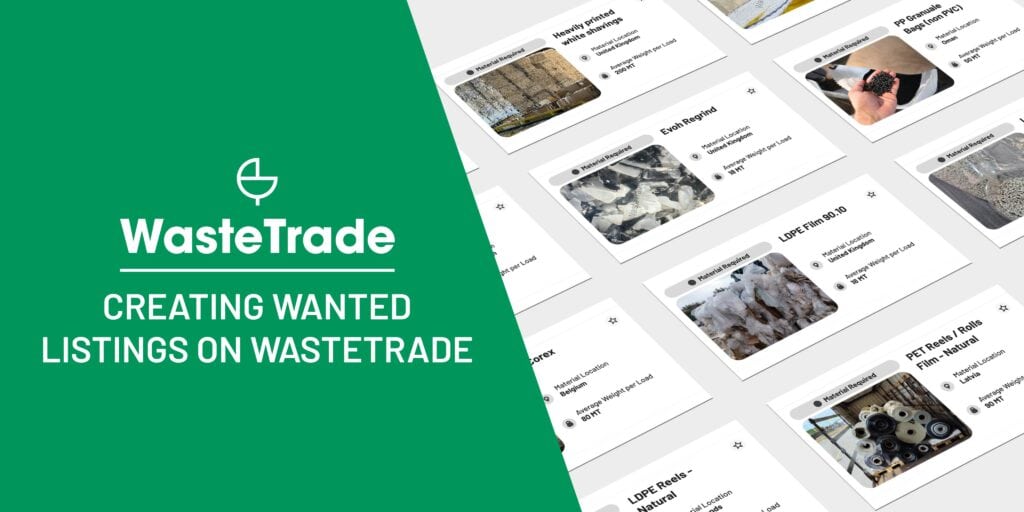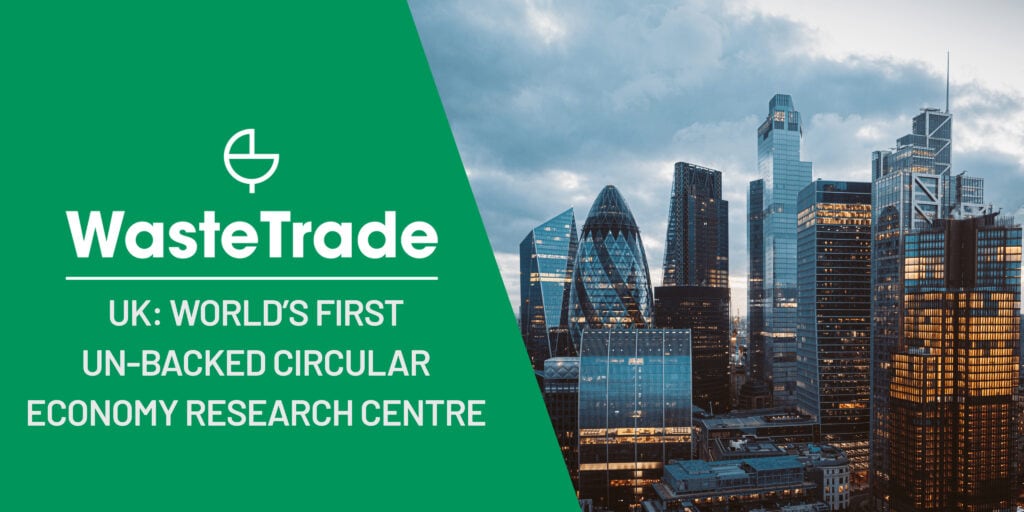авг. 9, 2023
Данъчни реформи за пластмасовите опаковки | Въпросите, които трябва да си зададем
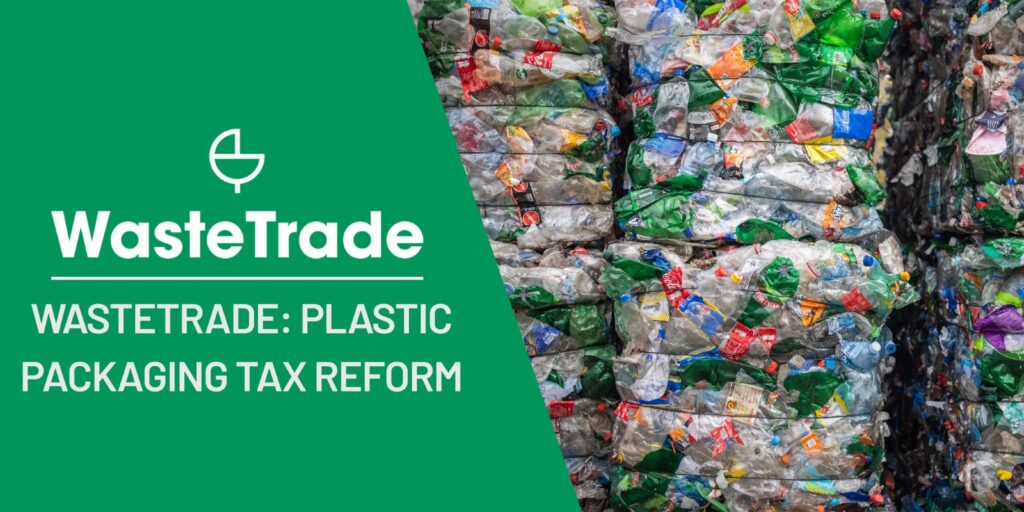
Plastic Packaging Tax 2023
The United Kingdom’s HM Revenue & Customs (HMRC) has opened its doors to a new consultation about the future of the Plastic Packaging Tax (PPT), offering a fresh opportunity for industry professionals to contribute their insights. Zoe Brimelow, a director at Duo, a prominent packaging manufacturer and consultancy firm, has identified three crucial areas for exploration to help shape the development of this policy and foster the circular economy in the UK.
A Look at Bio-Plastics
A primary consideration in the consultation should be the role of bio-plastics. Under existing PPT arrangements, allowances for bio-plastics are limited unless they contain a minimum of 30% recycled plastic. This poses a financial disadvantage for companies opting for this arguably more sustainable alternative to non-biodegradable, fossil-based plastics.
There is a clear need to re-evaluate how the current PPT affects the demand for bio-plastics. The aim should be to encourage the use of sustainable resources that are fully recyclable, thereby strengthening the circular economy. To facilitate this, the consultation should explore potential changes that could incentivise the use of bio-based materials.
Evaluating the UK Plastic Packaging Tax’s Performance
Given the Plastic Packaging Tax was only introduced on 1 April 2022, it’s still relatively novel. Therefore, it’s essential to take stock of its performance thus far before proposing significant amendments. Freedom of Information (FOI) data reveals the PPT generated around £260 million in revenues in its first year, exceeding HMRC’s forecasts by about £25 million. On average, 2,800 organisations submitted a PPT return each quarter.
Despite the fact that the tax is unique to the UK, making it challenging to compare it to other initiatives, it’s essential to examine business attitudes towards it, the tax’s influence on packaging strategies, and the feasibility of businesses reaching the desired 30% recycled content level in their plastic packaging.
The lack of high-quality recycled plastic pellets in the UK is a long-standing issue. It’s an area where deeper focus is needed to understand if the scarcity of recycled plastic is hindering the performance of the PPT and, by extension, the success of the mass balance approach.
The Demand for Recycled Packaging
One of the key questions in evaluating the Plastic Packaging Tax is whether it has been successful in stimulating higher demand for recycled plastic in packaging. The recent data from the Department for Environment, Food & Rural Affairs (Defra) reveals that the UK’s recycling rate for plastic packaging waste is 44.2%, substantially lower than the rates for other materials like metal, paper, cardboard, and glass.
To understand the true impact of the PPT, it’s crucial to compare the recycling rates before and after the tax’s introduction on 1 April 2022. However, given the many variables affecting packaging material usage, waste and recycling, it may not be possible to accurately track all these factors during the analysis.
Despite the complexity, exploring changes in recycling rates can offer valuable context and insights into the tax’s influence on the wider industry.
The WasteTrade Perspective
WasteTrade views this consultation as an opportunity to make recycling easier, safer, and more profitable, all while fostering sustainability. We wholeheartedly agree with the approach of using tax reforms to promote sustainable materials and recycling.
From our perspective, a well-designed tax system can drive significant shifts in material use, encouraging more businesses to opt for recycled plastics or bio-based alternatives. We applaud the initiative to revisit and refine the PPT, ensuring it supports the recycling industry’s growth while promoting a circular economy.
The PPT consultation is a critical step towards achieving these goals. By focussing on understanding the true impact of the PPT and seeking to boost recycling rates and demand for recycled plastic packaging, we can ensure a future where plastic recycling and sustainability are embedded in our commercial practices.
